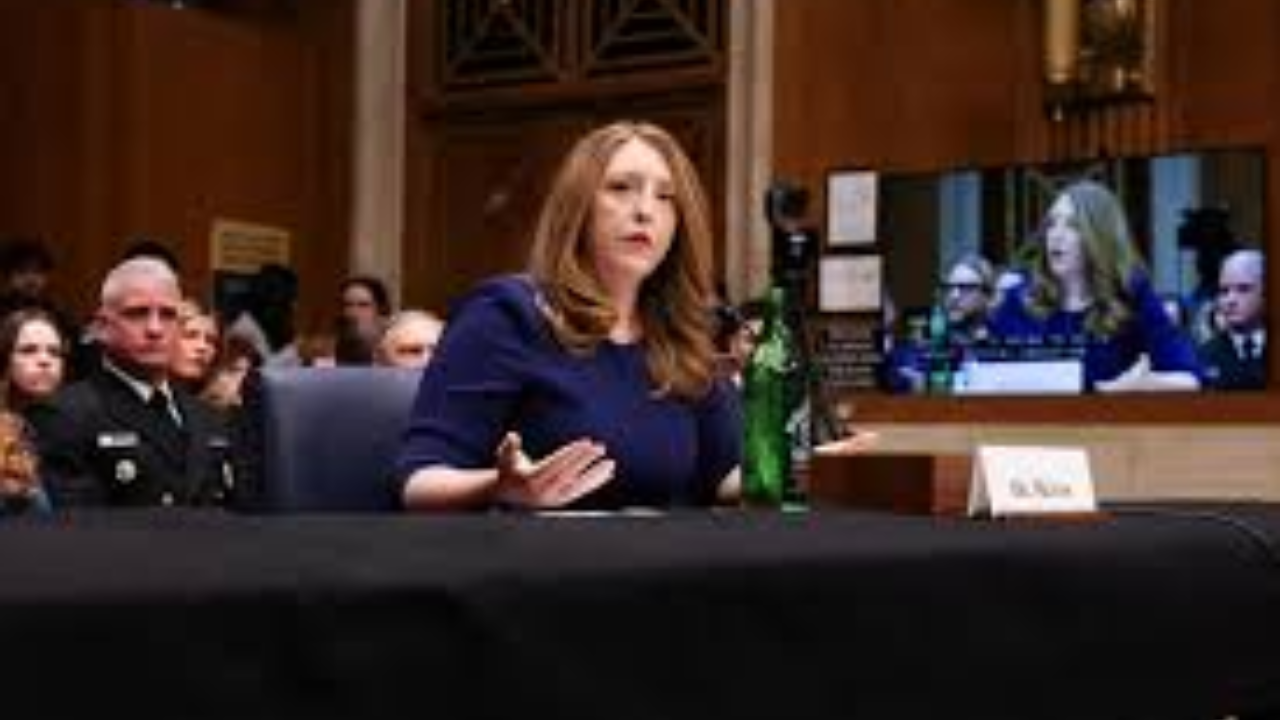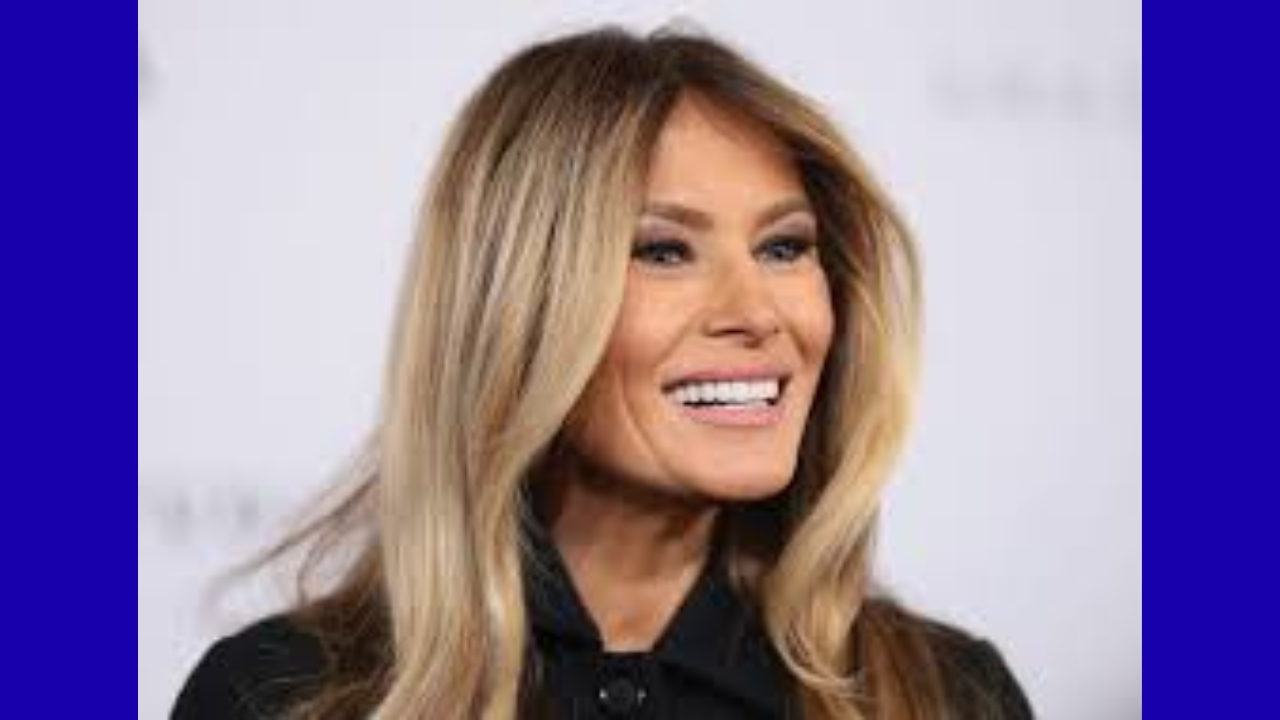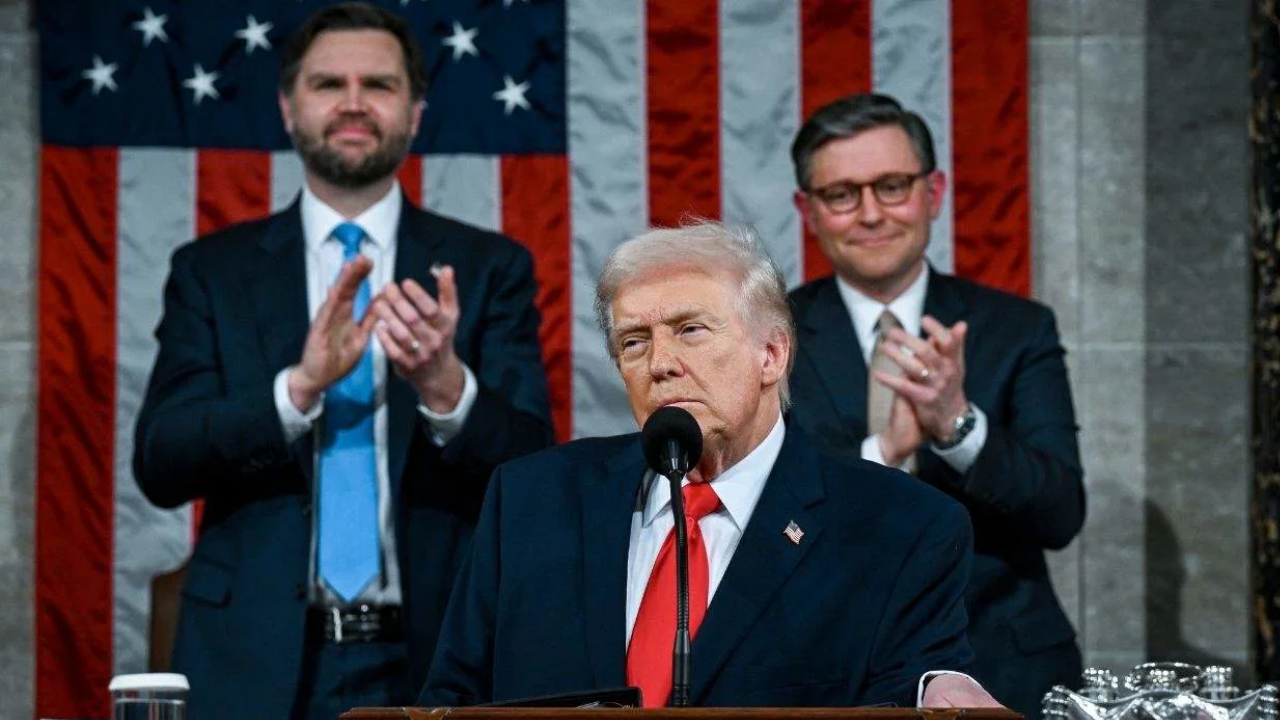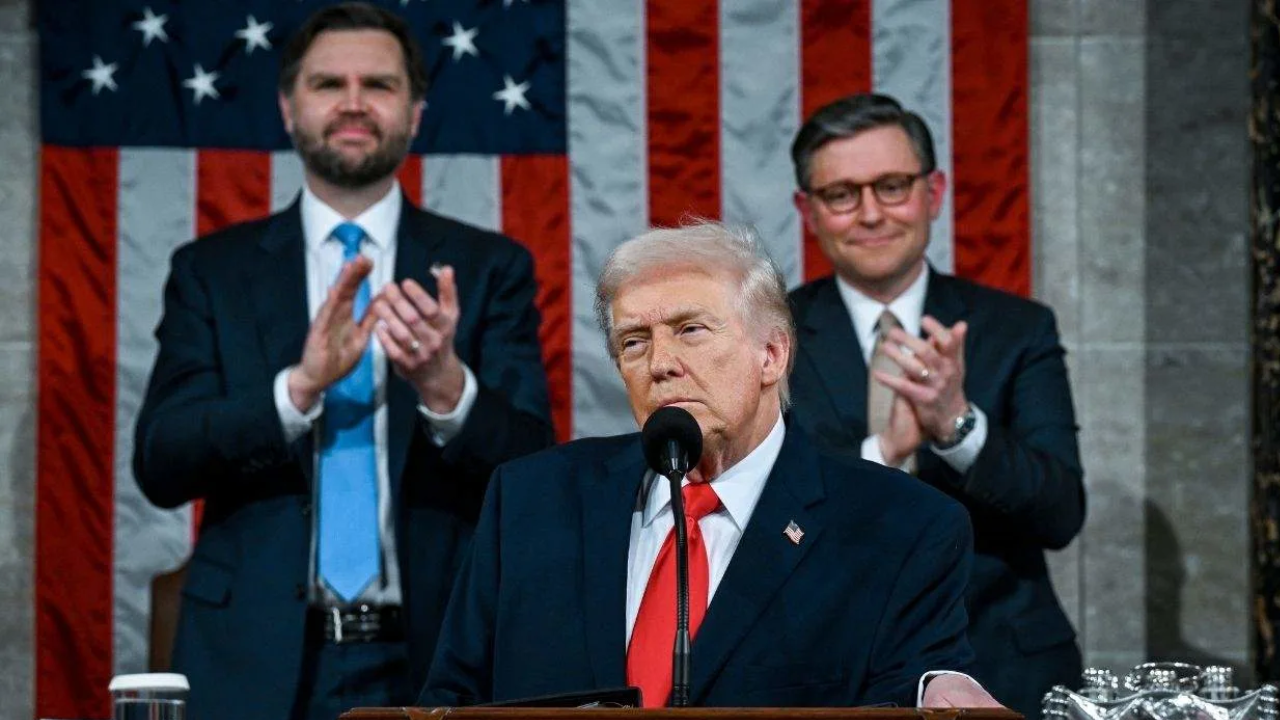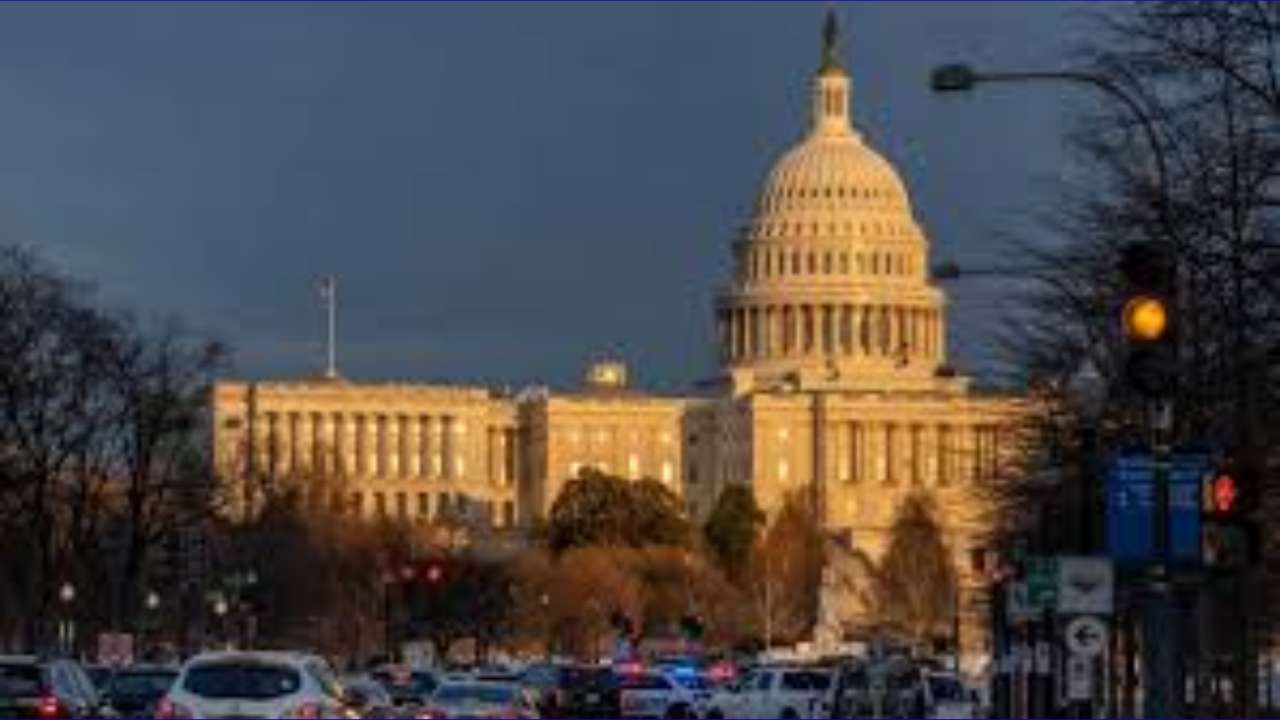A reverse mortgage loan allows senior citizens in India to convert their home equity into a steady income stream without having to sell their property or make monthly repayments. This financial product is particularly beneficial for those who own their homes outright but lack sufficient regular income to meet their retirement expenses.
Thank you for reading this post, don't forget to subscribe!How a Reverse Mortgage Works:
- Pledging the Home: The senior citizen (homeowner) pledges their self-acquired residential property to a bank or a housing finance company as collateral.
- Receiving Funds: The lender provides funds to the borrower, which can be disbursed as a lump sum, regular periodic payments (e.g., monthly, quarterly), or a combination of both.
- No Monthly Payments: Crucially, the homeowner is not required to make any monthly loan repayments during their lifetime. They continue to live in their home.
- Loan Repayment: The loan, along with the accumulated interest, becomes due for repayment only when the last surviving borrower passes away, permanently vacates the property, or sells it. At this point, the bank can sell the house to recover its dues. Any remaining amount after the loan settlement is passed on to the borrower’s heirs.
- Heir’s Option: The borrower’s heirs have the option to repay the full loan amount and interest to the lender if they wish to retain ownership of the property.
Tax Exemption for Senior Citizens on Reverse Mortgage Loans:
Yes, senior citizens in India benefit from significant tax exemptions on amounts received through a reverse mortgage scheme, as per the Central Government’s notifications.
- No Capital Gains Tax: The transfer of a residential house property as part of a reverse mortgage under the notified Reverse Mortgage Scheme is not subject to Capital Gains Tax. This exemption is provided under Section 47(xvi) of the Income Tax Act, 1961.
- Loan Amount is Tax-Free: The funds received by the senior citizen as a loan amount are also not taxable under any other head of income. This is stipulated under Section 10(43) of the Income Tax Act, 1961.
This means that senior citizens effectively receive the funds from a reverse mortgage without incurring any income tax or capital gains tax liability, treating it as a loan rather than a sale proceeds or income.
Eligibility and Considerations:
- Age: Typically, the single borrower must be 60 years or older. For joint borrowers, the spouse’s age may also have a minimum requirement (e.g., 58 years).
- Property Type: The home must be self-acquired, self-occupied, and free from any prior encumbrances.
- Loan Amount: Lenders usually offer a percentage of the property’s value (e.g., up to 80%), with a cap on the maximum loan amount (e.g., ₹1-2 crore). The valuation depends on the property’s age, location, and condition.
- Interest Rates: It’s important to note that interest rates on reverse mortgage loans are generally higher than standard home loans. For instance, SBI offers reverse mortgage loans at around 10.55%, compared to home loans starting at 7.5%. The interest accrues over time, increasing the total amount owed.
- Loan Tenure: The typical tenure for payouts is 10-15 years, depending on the borrower’s age. Even after the payout period ends, the borrower can continue to reside in the house.
- Legacy Planning: A reverse mortgage might not be ideal for those who wish to leave their home as a significant inheritance, as heirs would need to repay the substantial accumulated loan and interest to retain the property.





